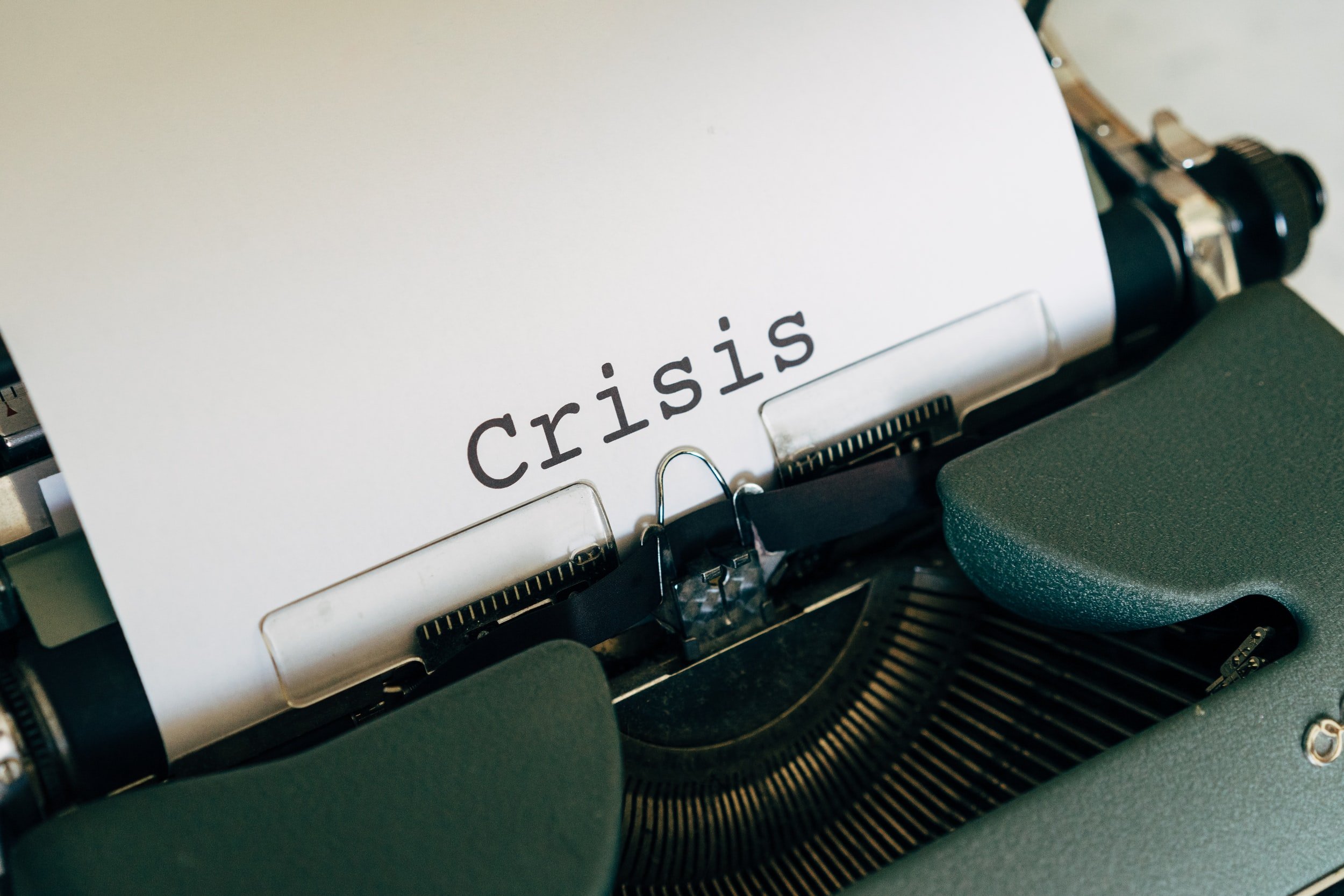Lean in and Prepare (in a crisis)
What are you afraid of?
There are many significant things happening in the world that you have a right to be concerned about.
There are uncertainties all around us: the war in the Ukraine is geographically and emotionally close to me; COVID is still “happening” to us – I have “officially recovered” but still have lingering symptoms; a friend’s husband has COVID … and then there is the new threat of monkey pox. I have had the smallpox vaccine because I am that old, but my children have not had the vaccine…
Of course, there are other global crises like Syria, Myanmar, Sri Lanka and we could go on and on.
The personal crises are all around me, too. I went to a funeral on Friday and the day before a dear friend died after a years-long battle with cancer. She was young (-ish) and leaves behind her husband and children. People do die, it is one of the certainties in life.
How do you see death and “prepare” for it as a certainty?
Let’s go back to the main question: what are you afraid of?
There are crises in this world. How can and do people deal with them?
Basically, there are three common responses we can have to on-going crises (and thus, fears):
DENIAL; CONCERN or OBESSION
Denial means: there is no pandemic, there is no war, there is no increase of nuclear threat, there is no shortage of baby formula… and so on.
Concern is the middle of the road and what is most healthy: I acknowledge the situation a real crisis and acknowledge my emotions to the threat; I talk about it with people I trust; and I (or we) make a plan for what we can control. I do what I can, and let the rest go.
Obsession is when the situation takes over us and we are (basically) paralyzed or only focused on that and lose site of the bigger picture – this, of course, is a psychological disorder and can be looked up.
How do you respond in a crisis in general? These days we should notice the patterns in us. A lot of how wee respond has to do with our view of death and its reality.
We will all die (sorry if you disagree, but in my worldview, it does happen to all of us”) and how we see our own death is then how we respond to life in the here and now.
My friend, Helen, had a wonderful view of death and was really ready to go though it because of how she viewed death. She is great model for me and those around her.
How you view and see you own death also affects how you deal with crises.
You cannot control a lot of things in a crisis, but you can make a plan.
For example, the threat of nuclear war has increased in the last three months. Do you have a plan, what can you control and do?
What can be done in a crisis: acknowledge the fear (which is NORMAL), lean in, decide what you can control, make a plan and be as ready as you can be.
What is your plan for monkey pox, for continued covid outbreaks, for the war in Ukraine continuing for longer, for a nuclear threat, for a cyber attack on your country so the infrastructure isn’t running?
I know this blog is a bit negative, but to be well-rounded and healthy, we need to accept the possible negative future scenarios and focus on our areas of concern and what we personally can do: Acknowledge the possibility, accept the emotion(s), know what you (and I) can do and plan accordingly..
And remember, talk about your fears and concerns with people you trust to help you to put the crisis (or potential crisis) into perspective.
Stay safe and well!
Patricia Jehle patricia@jehle-coaching.com

